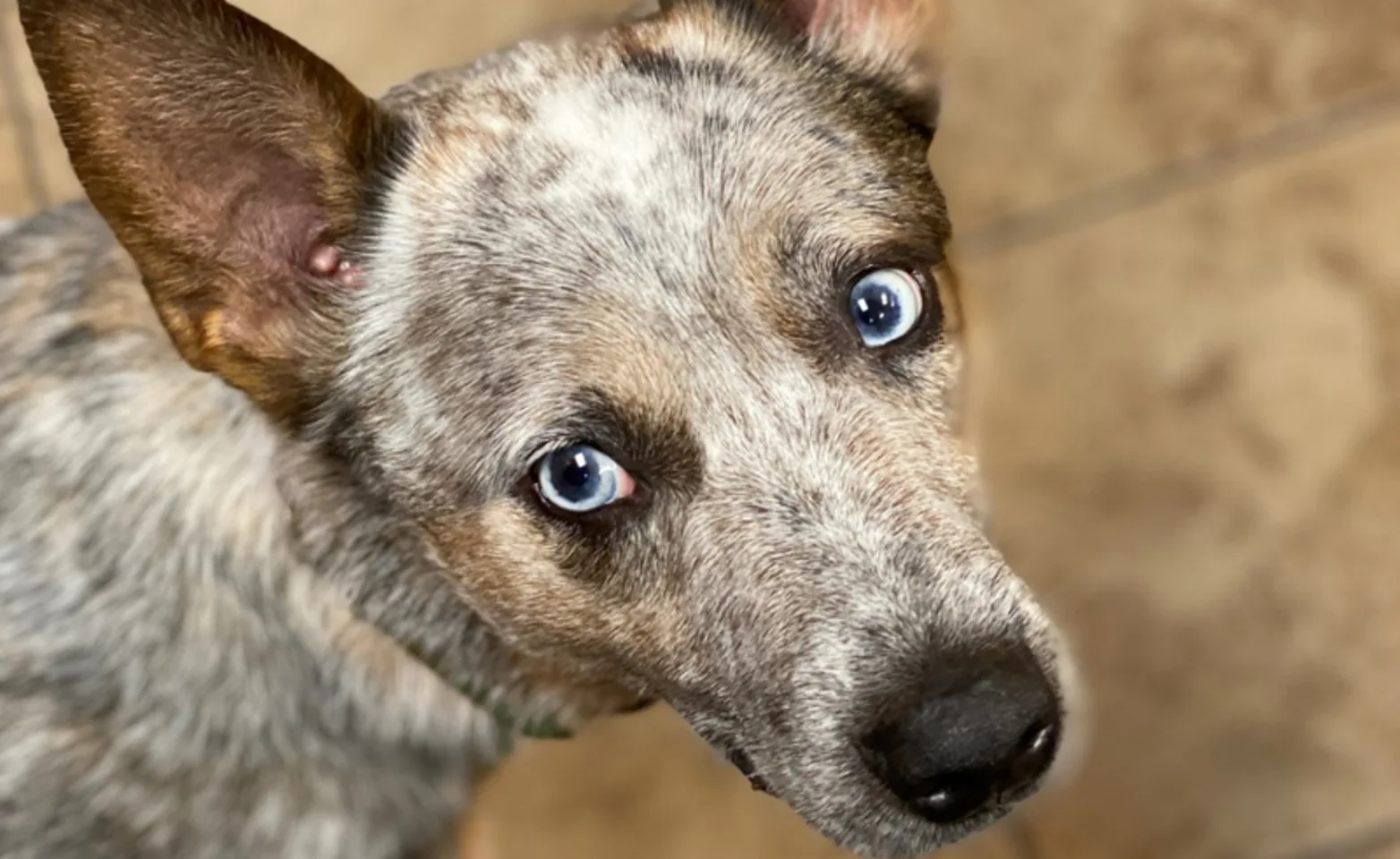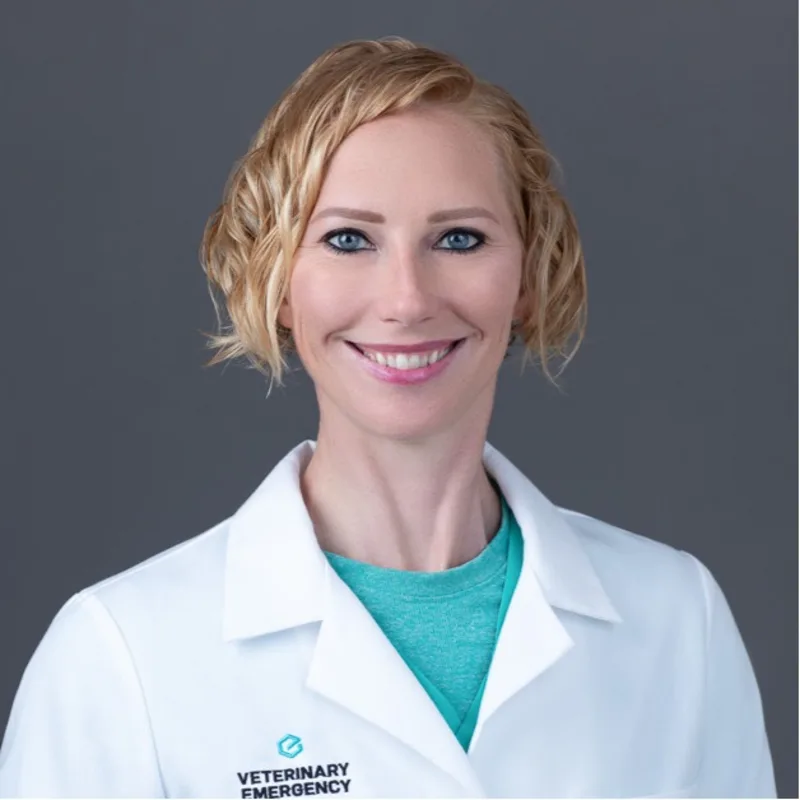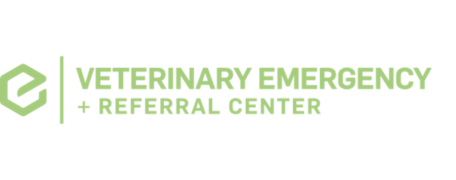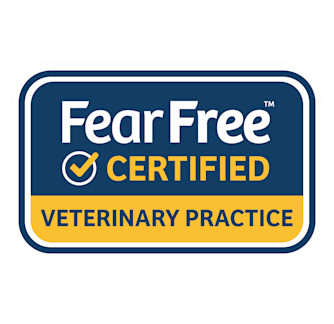Veterinary Emergency and Referral Center (VERC)

Surgery
Advances in veterinary medicine and veterinary surgery have been keeping close pace with those in human medicine and surgery. Over the last two decades medical technology and techniques have advanced rapidly, making this an increasingly specialized field. A board certified veterinary surgeon possesses the experience, training and expertise to manage complex surgical procedures. Surgeons within the Ethos network have access to advanced diagnostic modalities and surgical equipment.
At VERC we recognize the value of collaboration with you, your regular veterinarian and our staff as a comprehensive team for your pet’s care.
Minimally Invasive Surgery (MIS)
We have Minimally Invasive Surgical techniques and equipment available at our hospital. There are many reasons to choose a minimally invasive option, the best one being a quicker recovery. View our MIS information on the side bar to better understand MIS. Contact our surgery department for a consult or to discuss MIS options in your pet’s diagnosis.
Contact Us about Minimally Invasive Options.
Types of Surgeries
Abdominal Surgery
Gastrointestinal Surgery
General Surgery
Minimally Invasive Surgery
Arthroscopy
Laparoscopy
Thoracoscopy
Neurosurgery
Oncologic Surgery
Orthopedic Surgery
Respiratory Surgery
Skin and Reconstructive Surgery
Stifle Surgery
TPLO (Tibial Plateau Levelling Osteotomy) – Medium & Large breed dogs
Lateral Suture/Internal Brace with FiberWire
MPL (Medial Patellar Luxation)
Thoracic Surgery
Urogenital Surgery
Treatments
At Home Custom Physical Rehabilitation Exercises
Antibiotic Therapy
Bandage, Cast or Splint Placement
Blood Transfusions
Mechanical Ventilation
Open Wound / Fracture Management
Pain Management
Wound Management
Surgical Procedures Explained
Emergency Surgery Services
Spinal Surgery
Diagnostics
Deep Tissue and Bone Biopsy
Diagnostic Imaging
Oropharyngeal/Laryngeal Exams
OFA Radiographs
Computed Tomography (CT Scan)
MRI
Endoscopy
Fluoroscopy
Radiography (X-Rays)
Physical Therapy + Rehabilitation

What is a Board Certified Surgeon
And Why Would I Need One?
Advances in animal health care have led to a wider variety of treatment options, including highly specialized surgical procedures. Board-certified surgeons spend at least four years after achieving their veterinary medical degree focusing strictly on surgery.
This concentrated training in surgery allows the ACVS Veterinary Surgeon to keep current with frequent advances in veterinary medicine. Board-certified surgeons are skilled in advanced orthopedic, abdominal, thoracic, neurologic, oncologic, and reconstructive surgeries. If your pet requires a surgical procedure, ask your veterinarian if consultation with a specialist is indicated. General procedures, including spays, neuters, and many broken bones, may be less likely to require someone who is board-certified.



